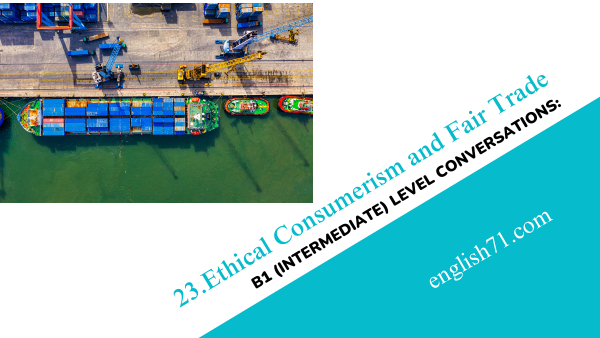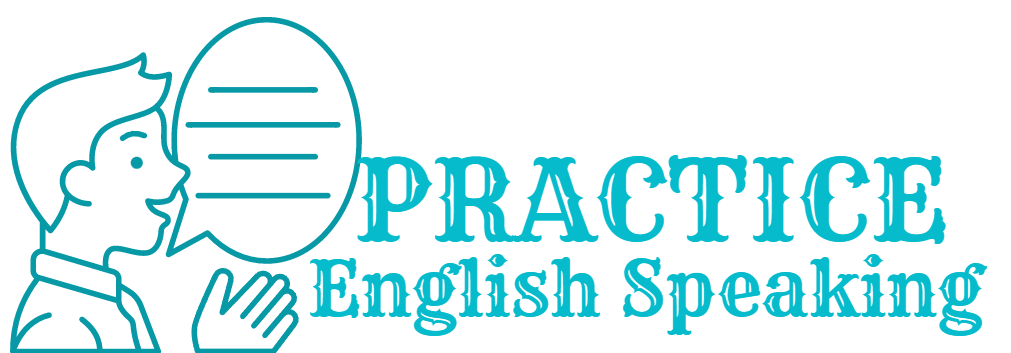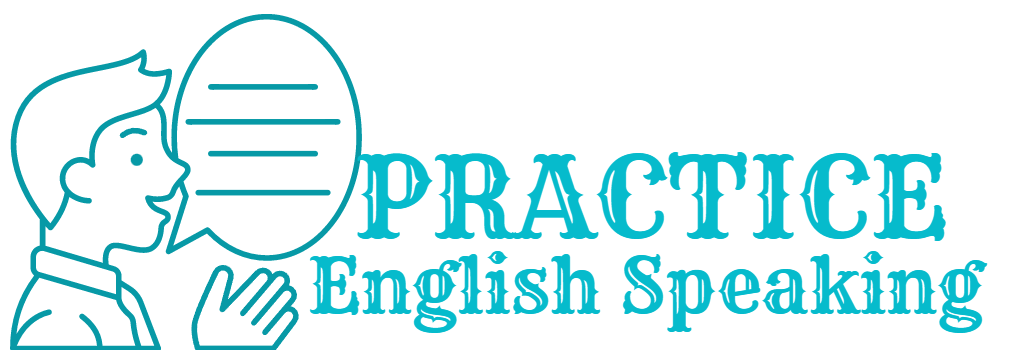B1(Intermediate) level Conversations: (23)Ethical Consumerism and Fair Trade

Rafsan: Hey Ahia! Have you ever thought about the impact of our consumer choices on the environment and society?
Ahia: Absolutely, Rafsan! It’s something I’ve been increasingly conscious of. How about you?
Rafsan: Same here. I’ve been exploring ethical consumerism and fair trade practices. It’s fascinating how our choices as consumers can make a positive difference. Have you tried buying fair trade products?
Ahia: Yes, I’ve started incorporating more fair trade items into my shopping, like coffee and chocolate. It feels good to support products that prioritize ethical and sustainable practices.
Rafsan: Totally agree. I recently learned about the fair trade certification process. It ensures that producers in developing countries receive fair wages and work in decent conditions. It’s a small step, but it can have a big impact.
Ahia: Absolutely. It’s about being aware of the supply chain and making choices that align with our values. Have you made any changes in your shopping habits to be more ethical?
Rafsan: I’ve been trying to buy from local and sustainable brands. It’s not always easy, but it’s a conscious effort. I’ve also reduced single-use plastic by using reusable bags and containers.
Ahia: That’s great! Small changes collectively make a big difference. Speaking of which, have you looked into the environmental impact of the products you use?
Rafsan: Yes, I’ve been trying to choose products with minimal packaging and opting for eco-friendly alternatives. It’s surprising how much waste we can reduce with simple changes.
Ahia: Definitely. It’s also interesting to see more companies adopting sustainable practices. Have you ever attended any events or workshops on ethical consumerism?
Rafsan: I went to a fair trade expo last month. It was eye-opening to meet the people behind the products and hear their stories. It creates a connection beyond just the transaction.
Ahia: That sounds like a great experience. Meeting the producers adds a personal touch to the products we buy. It’s not just about the item; it’s about the people and their livelihoods.
Rafsan: Exactly. It’s about making more mindful choices that consider the social and environmental impact. Have you faced any challenges in trying to be a more ethical consumer?
Ahia: Sometimes it’s hard to find affordable alternatives, especially when you’re on a budget. But I think it’s about making gradual changes and finding a balance that works for you.
Rafsan: True, it’s a journey, and everyone’s pace is different. Have you shared your experiences with friends or family to encourage ethical consumerism?
Ahia: I’ve talked to my friends about it, and some have started making similar changes. It’s great when you can inspire others to be more mindful consumers.
Rafsan: It’s wonderful that you’re spreading awareness. Every small change counts. Well, Ahia, it’s been great discussing ethical consumerism with you.
Ahia: Likewise, Rafsan! Let’s continue making mindful choices and encouraging others to do the same.



Summary:
Rafsan and Ahia engage in a thoughtful conversation about ethical consumerism and fair trade. They explore the principles behind fair trade, emphasizing the importance of ethical production practices, environmental sustainability, and ensuring fair wages for workers. The dialogue delves into the impact of consumer choices on global supply chains and the environment. Rafsan and Ahia discuss how fair trade certification can guide consumers toward making more ethical purchasing decisions. They share personal experiences of incorporating fair trade products into their lifestyles and the positive effects it has on communities. The conversation highlights the power consumers hold in influencing corporate practices and promoting social responsibility. Rafsan and Ahia conclude by encouraging individuals to be mindful consumers, advocating for ethical practices that benefit both people and the planet.

